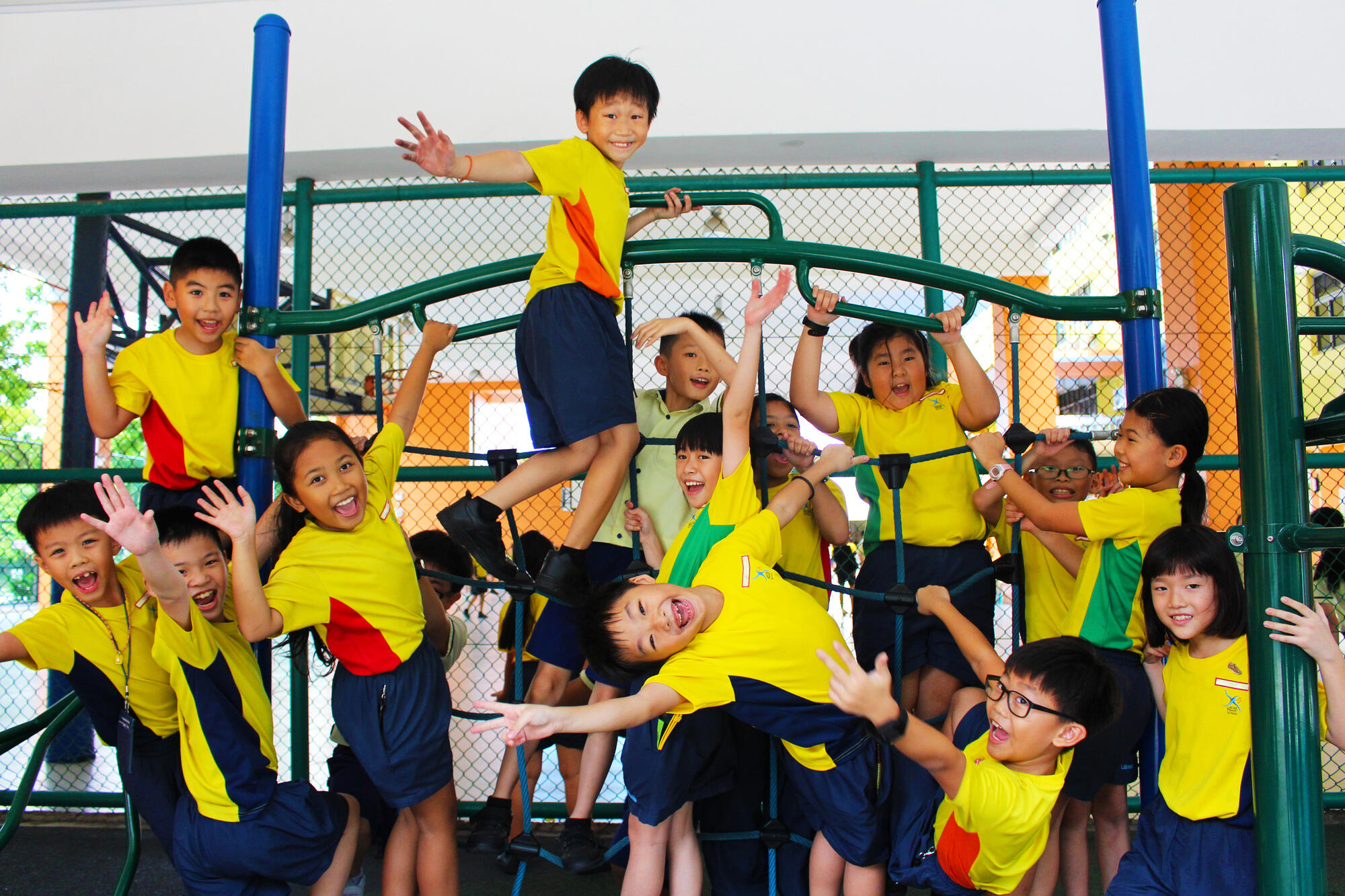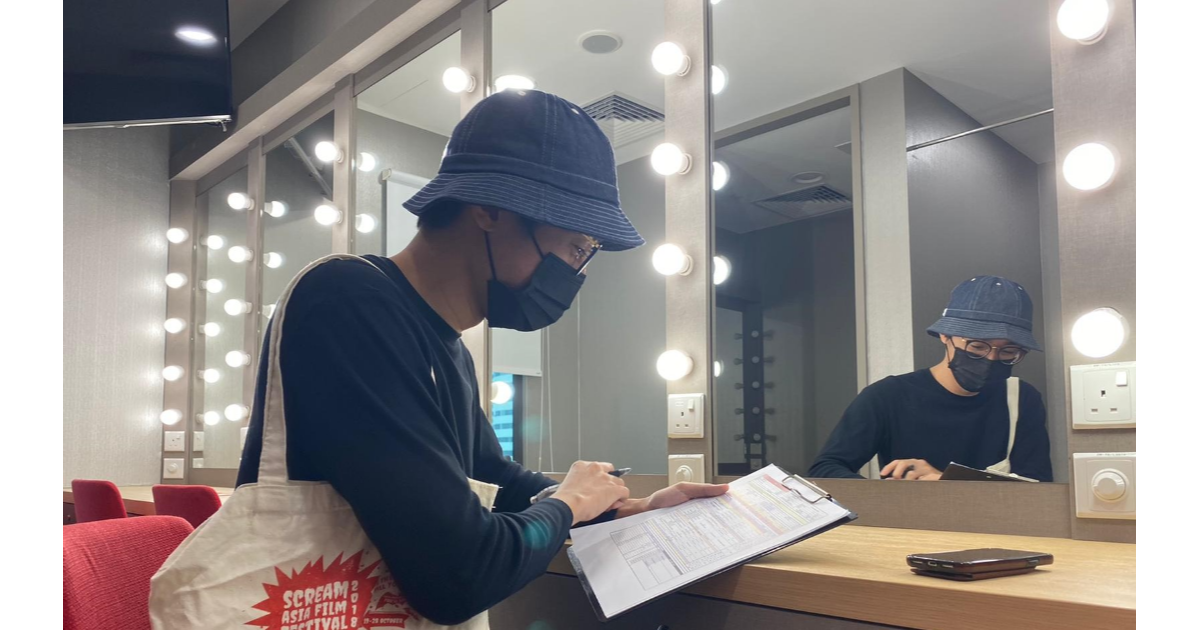2019 was an action-packed year, which saw quite a few pivotal changes.
From rolling back the number of exams to announcing the roll-out of Full-Subject-Based Banding, which will change the way students are grouped in secondary school, we took some big steps to further enable every student, no matter what their background, to enjoy learning and grow in their own way and at their own pace.
Here are some of the key initiatives to help our students learn for life and be ready to take on the challenges and opportunities of the future.
1. Full Subject-Based Banding (Full SBB) will be piloted in 28 schools next year and rolled out to all schools by 2024.
It builds on Subject-Based Banding, which allows Secondary 1 students in the Normal courses to take English, Mother Tongue languages, Mathematics and Science at a more demanding level. With Full SBB, this will now include Humanities subjects: Geography, History and Literature. A key change in the Full SBB schools is the re-organisation of classes. They will no longer organise classes according to streams. By 2024, the three secondary school streams will merge to form one secondary education course with many subject bands. This will remove the Express and Normal labels, and enable students play to their strengths.
2. Updates to the Primary School Leaving Examination (PSLE) 2021 scoring system.
Under the new PSLE scoring system which will be implemented in 2021, students will be graded based on their individual performance in the subjects, regardless of how their peers have done. Starting from the 2020 Primary 5 cohort, schools will present the school-based examination results of all Primary 5 and Primary 6 students in Achievement Levels (ALs). This will help students and parents become more familiar with the new PSLE AL scoring system. These changes support our efforts to shift away from an over-emphasis on academic results, and provide our students with more flexibility and space to develop their strengths and interests throughout their education journey.
3. The National School Games’ Junior Division will implement a series of changes across all sports by 2021.
These modifications include structural changes, such as award and recognition systems so more student-athletes can be recognised for their efforts, and technical changes, such as game formats to help the young ones master fundamental game and movement skills appropriate for their age group. The goal is to provide more opportunities for students to participate in more games, and enjoy sports as they grow up.
4. More support for students with Special Educational Needs (SEN).
Two intervention programmes that leverage peer support: Circle of Friends (CoF) for primary and secondary students, and Facing Your Fears (FYF) for secondary students will be extended to all mainstream schools over the next few years. To ensure that all Singaporeans have access to a school setting that best meets their educational needs, regardless of their financial circumstances, we have been working with SPED schools to further improve the affordability of SPED for families that have children with SEN. From January 2020, six SPED schools will lower their fees by at least 25% for Singapore Citizens. To address the growing demand for SPED school places for students with moderate-to-severe SEN who have Autism Spectrum Disorder (ASD), three new Government-funded SPED schools will be set up.
5. Disadvantaged students will receive greater support.
There are various schemes to assist disadvantaged students and their families. But some families still struggle, and this is when the Uplifting Pupils in Life and Inspiring Families Taskforce (UPLIFT) can step in. Initiatives include after-school care, programmes to build resilience, strengthening parental engagement and tackling absenteeism. All these will be done in collaboration with community partners, such as Self-Help Groups. An UPLIFT Programme Office will strengthen the coordination between schools, the community and government agencies to facilitate the collaborative efforts.
6. Students can now take up the Language Elective Programme (LEP) in secondary school, apart from in Junior Colleges (JCs).
Nine secondary schools will offer the LEP for Chinese, while three will offer the LEP for Malay, and another three will offer Tamil from 2020. The Malay LEP at the JC level will also be expanded to two more schools, while a new Tamil LEP will be introduced in two JCs. This two-year programme develops students’ proficiency in the Mother Tongue Language (MTL) through the study of MTL Literature and activities such as camps and overseas trips. The LEP will enable our students to benefit from our multicultural background, deepen an interest in their Mother Tongue, and stay connected to our roots.
7. Full-time undergraduate and diploma courses subsidised by MOE will be more affordable for Singaporeans.
The Government subsidises around 85% of the total cost of polytechnic education, and 75% of the total cost of university education. From AY2020, eligible full-time and part-time students from lower- and middle-income families will receive bigger Government bursaries to help defray the remaining costs. There will also be a new income tier for the MOE bursary for part-time students. Singaporean undergraduates enrolled in full-time general courses at the two applied universities, SIT and SUSS, will also have their tuition fees reduced from around $8,200 and $7,900 respectively to $7,500 per year.
8. More pathways for ITE students to deepen their skills.
By 2030, MOE will provide opportunities for all ITE graduates to upgrade beyond a Nitec over the course of their careers. There will be more places in ITE’s SkillsFuture Work-Study Diplomas and full-time Higher Nitec programmes. From April 2020, ITE is also adding 10 new Work-Study Diploma (WSDip) programmes. ITE graduates will now have 24 WSDips to choose from. About 70% of curriculum time is conducted through on-the-job training at the workplace.
9. Changes to polytechnic admissions
A-level graduates who are looking to further their studies at the polys may now be exempted from the first semester – in order to enter the polytechnic in the same year they receive their A-level results. Currently, the polytechnic admissions exercises would have closed by the time students receive their A-level results. This change allows eligible students, who are not enlisting in National Service, to shorten their polytechnic course from 3 years to 2.5 years.
10. Junior Colleges (JCs) with older campuses will be getting a major facelift in a few years.
The majority of JCs were built or upgraded before 2002. Several of these campuses are now well over 30 years old. Starting from 2022, three JCs – Anderson Serangoon JC, Jurong Pioneer JC and Temasek JC – will be rebuilt, while Yishun Innova JC will be upgraded. New facilities include seminar rooms with moveable partitions and facilities that promote sports and co-curricular activities – such as indoor sports halls – which can be open to the community.






